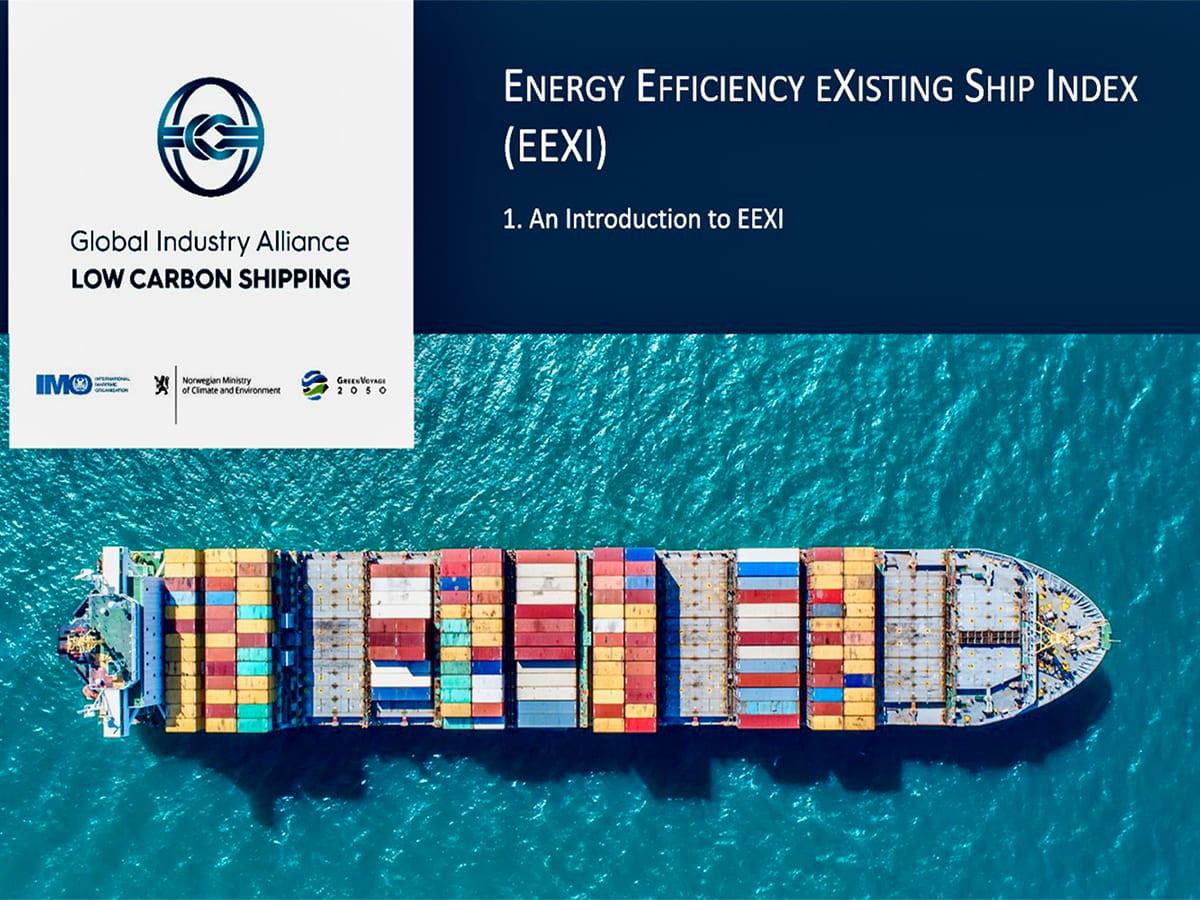
Source: IMO Maritime administration personnel, shipowners and operators can get to grips with the Energy Efficiency eXisting Ship Index (E
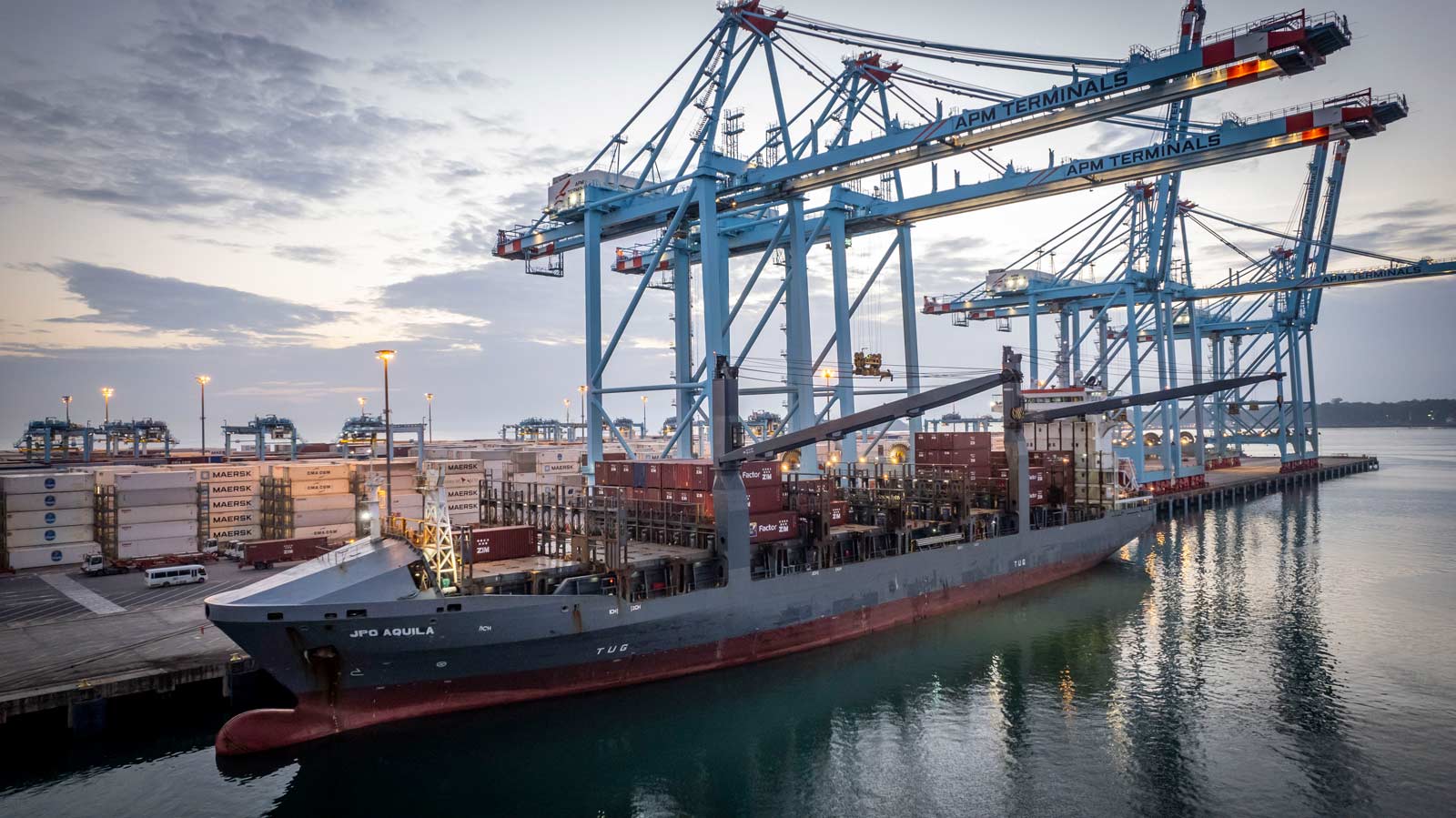
Source: APM Terminals Costa Rica welcomed two new shipping services at the Moín Container Terminal (TCM) this month. The maiden call of t
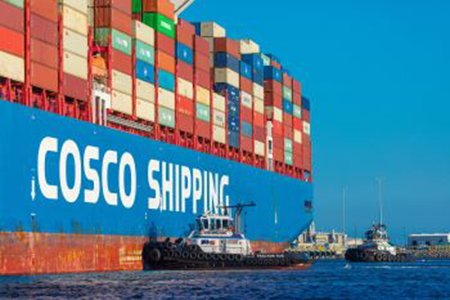
CARGO DECLINES DUE TO REDUCED CONSUMER DEMAND, SHIFTING TRADE ROUTES Source: Port of Long Beach Cargo container traffic slowed at the Port
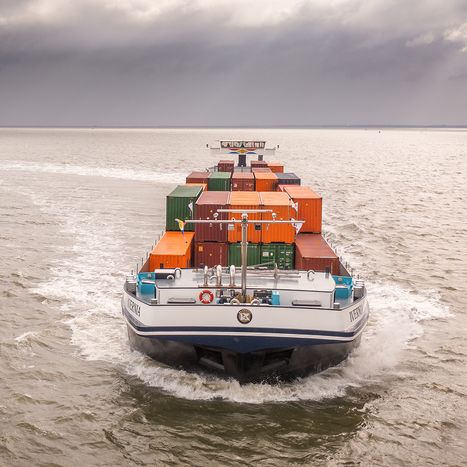
The Port of Rotterdam, together with the Province of Zuid Holland and more than 40 partners have launched an ambitious project for emissio
C. B. Fenton, part of Ultramar (Chile), and Kanfer Shipping signed an MoU in December 2022 with the purpose of establishing an LNG bunkeri
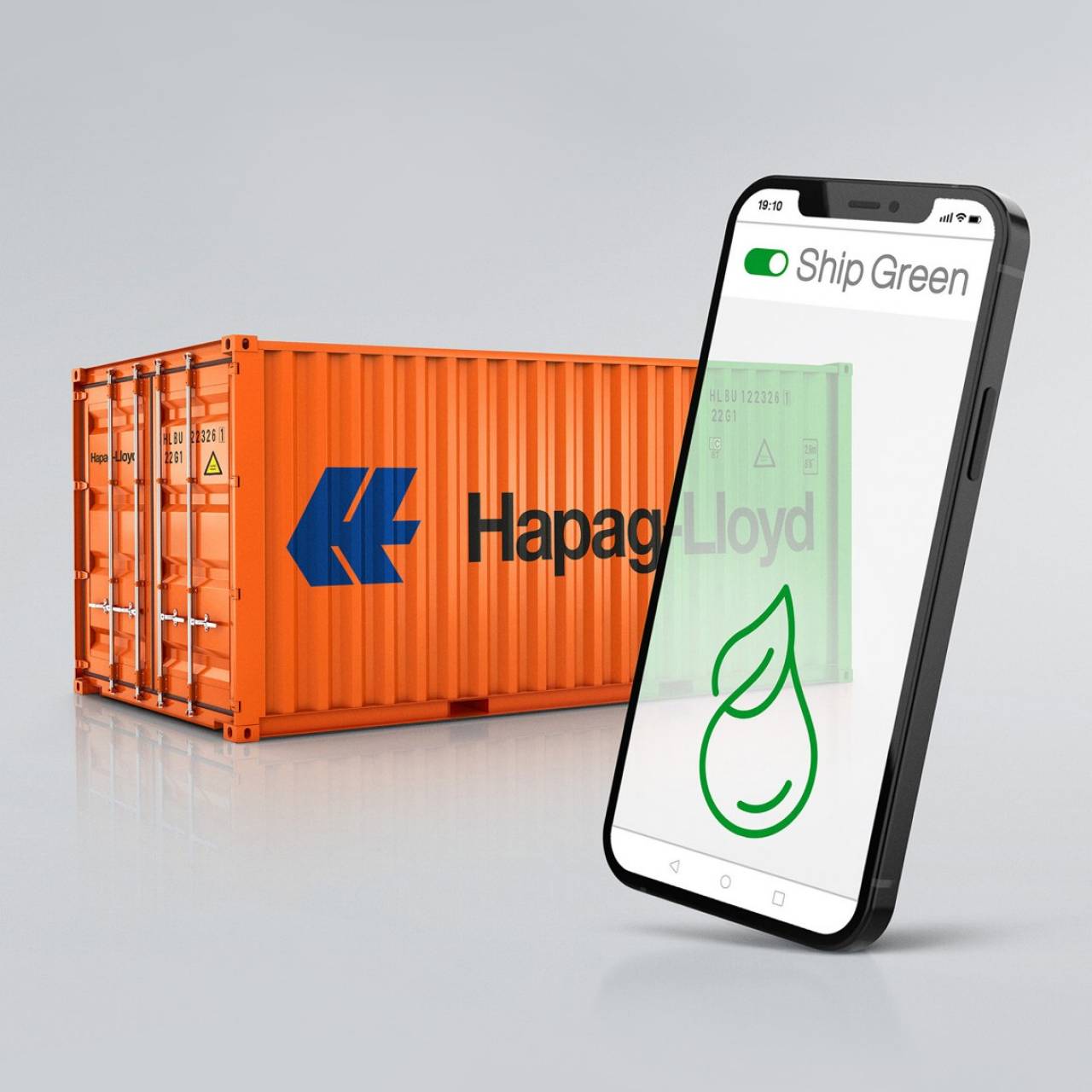
Source: Hapag-Lloyd Hapag-Lloyd is introducing “Ship Green”, a new solution for climate-friendly transportation based on biofuel. The
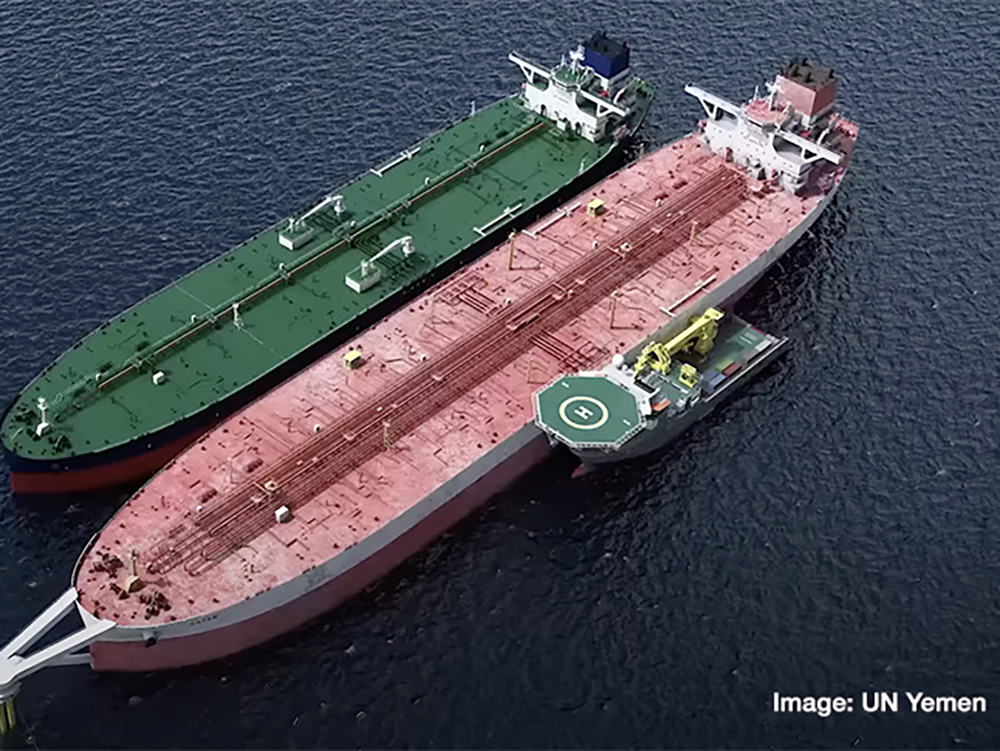
Source: IMO IMO is urging Member States to contribute equipment to help UN-led efforts to prevent a possible catastrophic oil spill from t
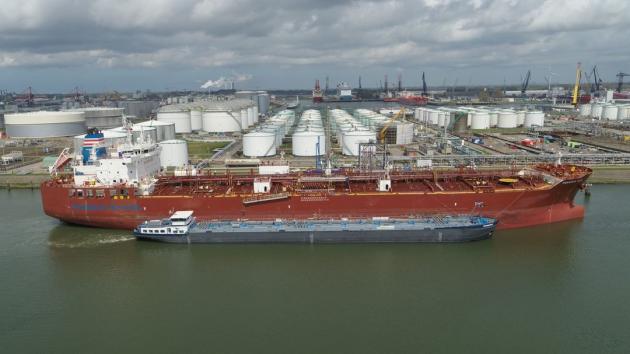
In addition to helping its 12 member ports decarbonize, the World Ports Climate Action Program (WPCAP) has contributed to the faster adopt
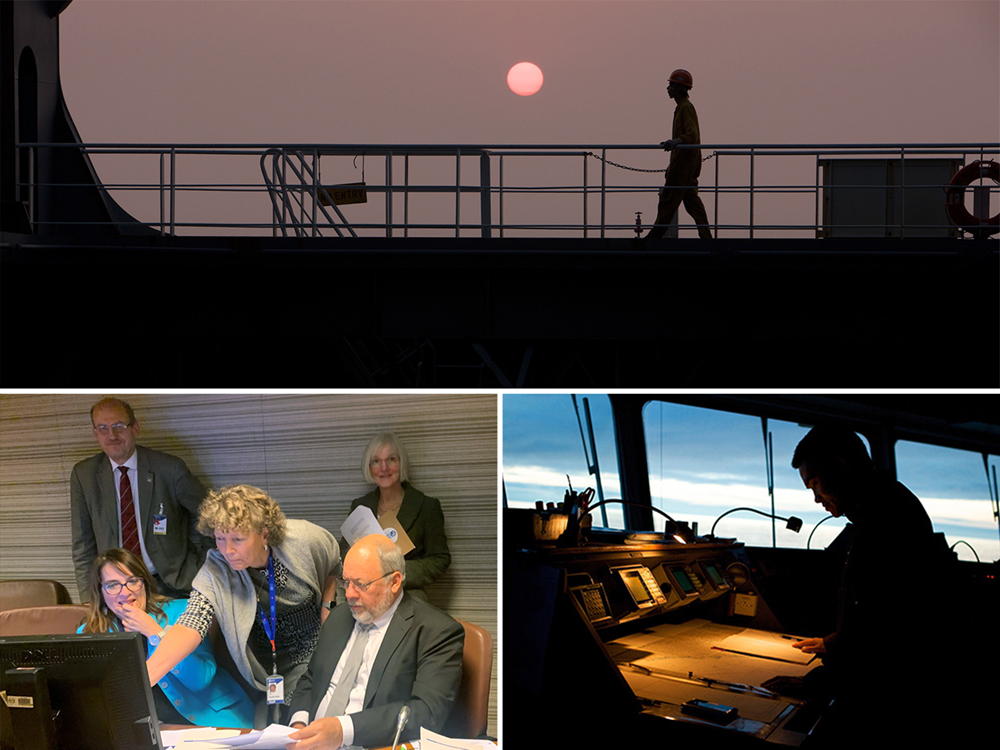
Source: IMO New measures to improve conditions for seafarers, including those who have been abandoned, have been adopted at a meeting invo
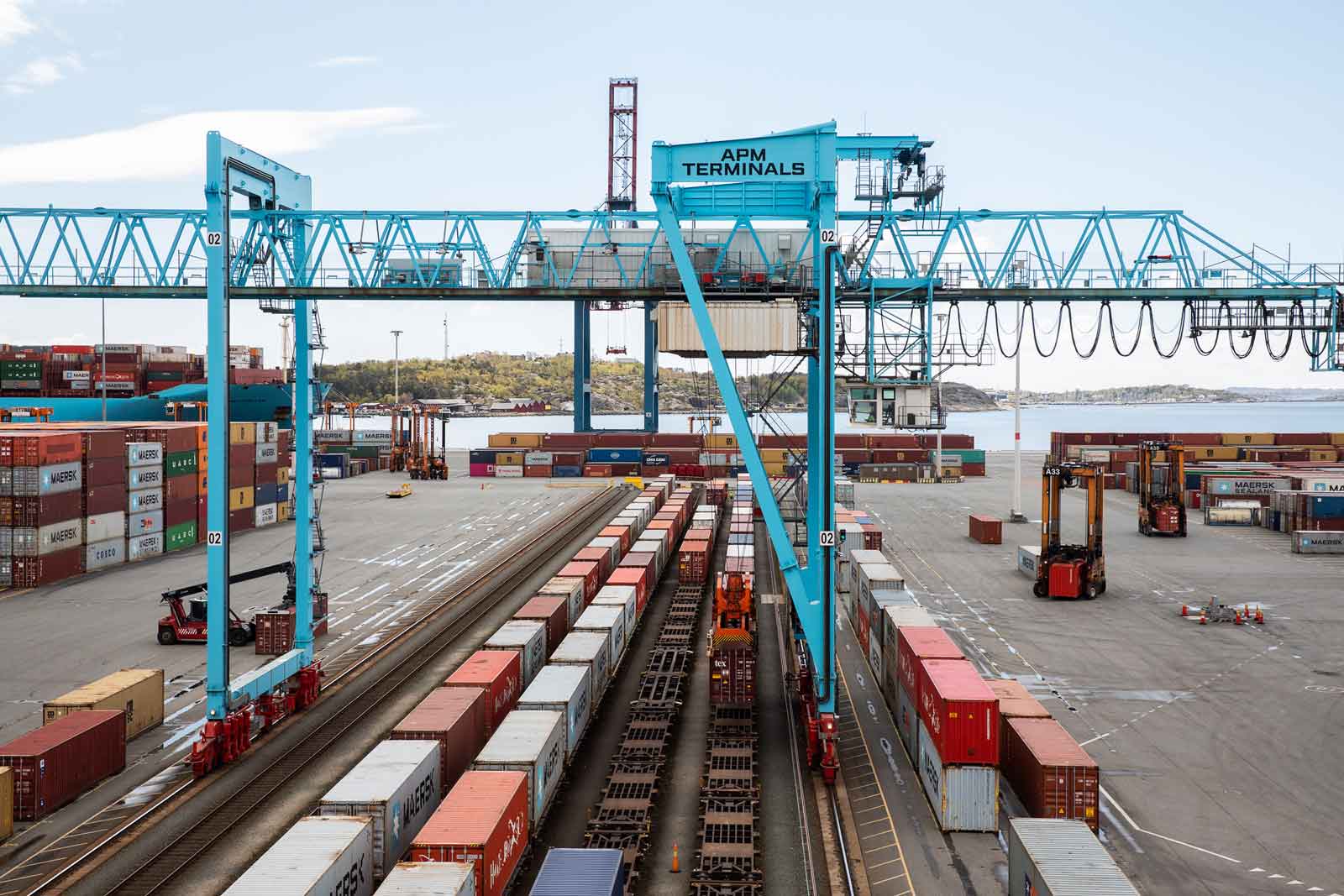
The volume of containers transported by rail via APM Terminals Gothenburg increased by 13% this year compared to 2021, taking rail utilisa